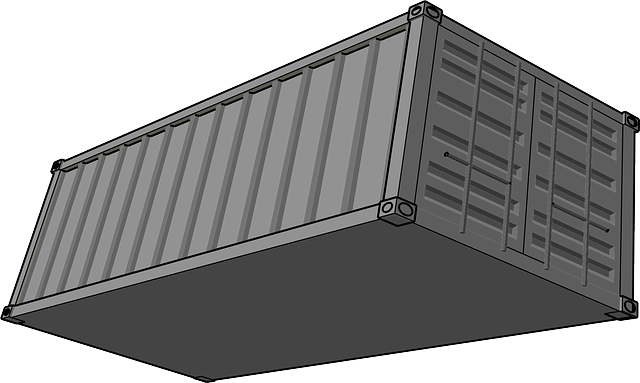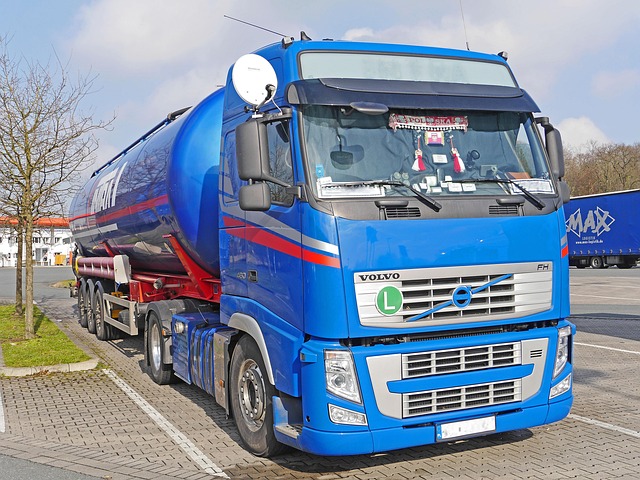Claims have a significant impact on trucking businesses' financial health and operational efficiency. Efficient claim management is crucial for protecting trucking business insurance policies, preventing reputational damage, and maintaining stability. By implementing structured procedures, leveraging technology, establishing clear communication channels, and using digital claims management systems, companies can handle claims promptly, fairly, and effectively, ultimately enhancing their profitability and operational stability in a dynamic trucking industry.
In the dynamic world of trucking, efficient claims management is crucial for maintaining operational stability. This article delves into the significant impact of claims on trucking business insurance and explores strategies to streamline processes. We discuss best practices for prompt and accurate claim settlements, emphasizing effective post-claim communication. By implementing these tactics, trucking companies can navigate challenges, reduce costs, and ensure their insurance remains a robust shield, fostering long-term success in an ever-changing industry.
Understanding the Impact of Claims on Trucking Business Insurance

Claims have a significant impact on the financial stability and operational efficiency of trucking businesses. When a claim is made under a trucking business insurance policy, it can lead to various outcomes that affect the company’s bottom line and day-to-day operations. The cost of settling a claim, including repairs, replacement parts, legal fees, and potential penalties, can be substantial. Efficient management of claims is therefore crucial for maintaining financial stability and ensuring smooth business continuity.
Additionally, the reputational damage caused by frequent or high-profile claims can harm a trucking company’s standing in the industry. Effective claim management strategies, such as prompt investigation, accurate documentation, and fair settlement practices, help to mitigate these risks. By understanding the drivers of claims and implementing proactive measures, trucking businesses can better protect their trucking business insurance policies and safeguard their operational stability.
Streamlining the Claims Process for Efficient Management

Streamlining the claims process is a critical step in managing claims efficiently, especially for trucking businesses insured against potential risks and damages. By implementing structured procedures and leveraging technology, trucking companies can significantly enhance their ability to handle claims promptly. This includes establishing clear protocols for documenting and reporting incidents, ensuring all relevant data is captured accurately from the onset. Digital systems that automate initial claim assessments and facilitate communication between insurers, claimants, and drivers can expedite the process, reducing turnaround times.
Furthermore, integrating specialized software tailored for trucking business insurance allows for seamless tracking of claims across various platforms. This centralized approach enables efficient resource allocation, as well as better visibility into claim trends and potential areas for improvement. With streamlined processes in place, trucking companies can maintain operational stability, minimize disruptions, and ensure a more responsive and effective claims management strategy.
Best Practices for Prompt and Accurate Claim Settlements

Efficient claim management is a cornerstone for maintaining stability and profitability in any trucking business insurance. To ensure prompt and accurate settlements, establish clear communication channels between all stakeholders involved, including drivers, dispatchers, and insurance providers. Real-time updates on claims status enhance transparency and reduce the time lag often associated with traditional claims processing.
Implementing a streamlined digital claims management system is another best practice. This technology enables quick access to relevant data, such as policy details and historical claims records, facilitating faster decision-making. Automated processes for verifying damages, calculating costs, and generating settlement offers can significantly reduce the risk of human error and ensure fairness in claim settlements.
Maintaining Operational Stability through Effective Post-Claim Communication

In the fast-paced world of trucking, maintaining operational stability is paramount for success. One oft-overlooked yet critical aspect is effective post-claim communication. When a claim occurs, whether it’s related to property damage, injury, or liability, how the trucking business handles it can significantly impact its operational health and reputation. Quick and transparent communication ensures that all parties involved—from the insured to the insurer and anyone else affected—are kept in the loop. This reduces uncertainty, which can be a major disruptor in the logistics sector.
Effective post-claim communication involves clear, consistent updates about the claim’s progress, any necessary actions required from the insured, and anticipated timelines for resolution. For trucking businesses with comprehensive insurance coverage, such as that provided by specialized trucking business insurance plans, this process becomes more manageable. These policies are designed to streamline claims management, ensuring a swift response and fair settlement. By keeping communication open and efficient, trucking operations can minimize downtime, maintain productivity, and preserve customer trust, all of which contribute to long-term stability.
Efficient claims management is a cornerstone of maintaining operational stability in the trucking industry. By understanding the impact of claims, streamlining processes, adopting best practices for prompt settlements, and ensuring effective post-claim communication, trucking businesses can minimize disruptions and preserve their insurance coverage. These strategies are vital to preserving financial health and ensuring uninterrupted operations, ultimately enhancing the overall resilience of trucking business insurance.
